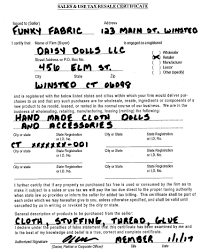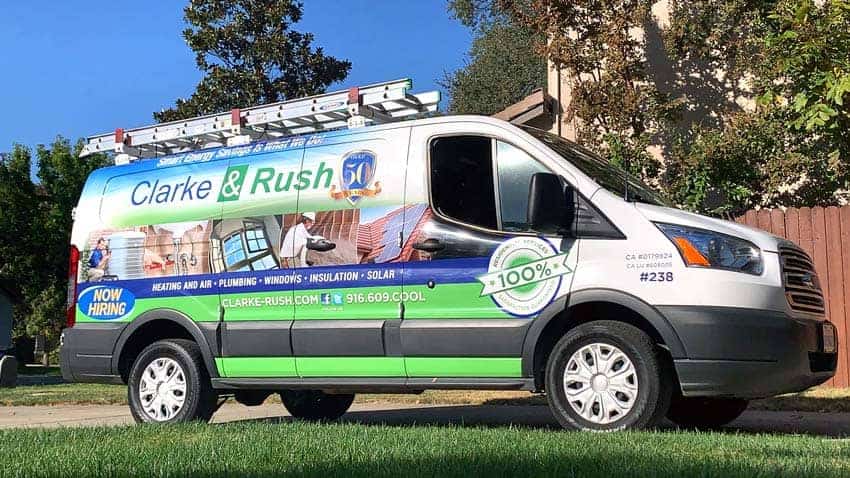
You will need to find out the salary and tax implications of a job as a Charlotte-based painter. Here are some qualifications and reviews on local painting companies. A painting company with an excellent reputation is the best place to start.
charlotte nc painter taxable income
There are two main ways to calculate your Charlotte NC taxable income. The other is to split an HOA-based expense between the operating or reserve components. A reserve expense, on the other hand, is considered capital. An operating expense, however, is not considered capital. The most notable difference is with painting expenses.

charlotte nc painter salary
Charlotte's average cost of living is slightly more than the national median. The median home is valued at $220,300. That's approximately $44,060 a month. This is about 1% above the national average. The average salary of $56,310 makes any amount above this figure a good wage.
The average annual salary for a Charlotte, NC painter is $34,700. This amount is lower than the combined average salary for painters in other metros. In Charlotte, painters receive an average $836 in bonus payments. Most bonuses are added to the salary. A bonus is a nice perk and almost one-third of painters in Charlotte report receiving one each year.
charlotte nc painter qualifications
When looking for job opportunities in Charlotte, NC, it is important to look for a painter with the right qualifications. This kind of work requires physical and mental abilities such as the ability climb ladders, balance, lift, push, and bend. It requires dexterity, as well as the ability to operate and maintain painting equipment.

charlotte nc painter reviews
If you want to improve the appearance of your home, a paid paint job is an excellent way to achieve that goal. To get high-quality results, however, you need to hire the right painter. Sites like HomeAdvisor make finding a professional painter easy. HomeAdvisor allows you to enter your ZIP Code and answer questions regarding your home painting needs.
FAQ
Can I cancel my contracted at any moment?
Yes - but this must be done within 14 days of signing your contract. Your contract can be ended by giving notice in writing up to seven days before the deadline. In some cases, however, you might still owe contractor money for work done.
What happens when one party refuses to take their side in a deal?
If you fail to complete your part of the bargain, the law allows the other party to treat your promise as broken and sue you for damages. Damages are the amount owed, plus interest, court costs, legal fees.
Is There Any Way That I Can Prepare For Negotiation Beforehand?
Yes!
There are many different ways you can prepare yourself to negotiate.
One way is to write out the terms and conditions of the agreement
When do I need to pay the service/contractor for it?
The payment schedule depends on the type of service being provided. In other words, if you hire someone to install a roof, you will typically pay once the work has been completed. A supplier might require you to test and receive the item before you pay.
What is a service-contract agreement?
An agreement between two parties for the provision of services is called a Service Contract Agreement (SCA). The SCA specifies the services to be provided, their cost, time and effort required, who will pay for them, and when they should start. The SCA also describes what happens if either side violates its obligations.
What documents are required to apply for building permits?
You will also need to show proof of your SCA.
-
Visitors will find enough parking space.
-
It is possible to use access routes;
-
Any utilities are accessible; and
-
All works comply with relevant planning regulations.
Statistics
- Depending on the client's trustworthiness and financial stability, a deposit is usually 10 to 50% of the total contract amount. (lawdepot.com)
- (1) Ascertain the extent to that offers are based on the payment of overtime and shift premiums; and (2) Negotiate contract prices or estimated costs without these premiums or obtain the requirement from other sources. (acquisition.gov)
- (ii) Name, address, and telephone number of each proposed first-tier subcontractor with a proposed subcontract estimated at $10 million or more. (acquisition.gov)
- (d) Contractor disputes related to compliance with its obligation shall be handled according to the rules, regulations, and relevant orders of the Secretary of Labor (see 41 CFR60-1.1). (acquisition.gov)
- (v) Place or places of performance of the prime contract and first-tier subcontracts estimated at $10 million or more, if known. (acquisition.gov)
External Links
How To
What should a service arrangement include?
Every business relationship should have a Service Agreement (SA). It outlines what you expect from each other and how you will achieve this. The SA also defines when and where you expect the other party to deliver on its contractual obligations.
Here are the essential elements to a successful SA
-
The scope of work and services required by both parties.
-
Information about payment terms, including the start and end dates for delivery of goods/services.
-
The project price must be agreed.
-
Any additional costs like VAT etc.
-
If there are any other issues that need to be addressed.
-
Who is responsible if the job goes wrong?
-
How disputes are resolved
-
What happens if one of the parties breaches the contract?
-
What happens if there is a dispute
-
When does the contract go into effect?
-
What happens if a party doesn't perform.
-
How long do you have to pay invoices?
-
Who pays for expenses such as travel?
-
Where the money comes from.
-
What happens when the client has a change of mind?
-
What happens if the supplier isn't there?
-
Who is allowed to access the site during construction
-
What happens if the client cancels the project?
-
What happens when the product is defective?
-
What happens if the supplier refuses to sell parts?
-
What happens if the equipment is damaged?
-
What happens if the project takes longer than expected.
-
What happens if you don't complete the work within the set timeframe?
-
What happens if the final product isn't up to expectations?
-
What happens to the cost overruns?
-
What happens if you don't receive your materials on time?
-
What happens if the material arrives broken?
-
What happens if the products are not up to standard.
-
What happens if the job has to be canceled?
-
What happens when the company goes under?